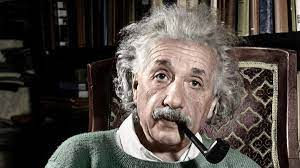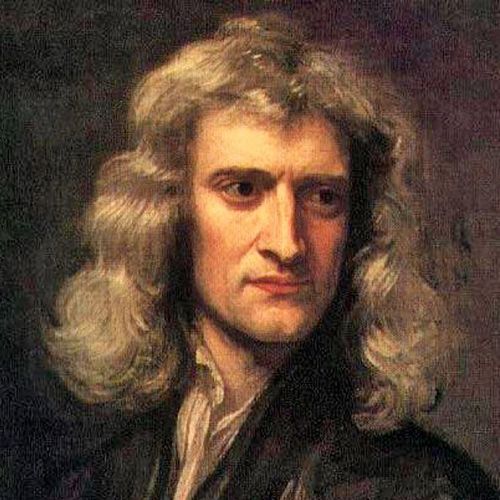The most smartest people in this world

Albert Einstein:
I believe you meant to refer to "Albert Einstein." Albert Einstein was a renowned theoretical physicist who is best known for his theory of relativity, which revolutionized our understanding of space, time, and gravity. He was born on March 14, 1879, in Ulm, in the Kingdom of Württemberg in the German Empire.

Einstein's contributions to physics are numerous and profound. His special theory of relativity, published in 1905, introduced the famous equation E=mc², which expresses the equivalence of energy (E) and mass (m) and the speed of light (c) as a fundamental constant. This theory revolutionized the concepts of space and time, demonstrating that they are interconnected and not absolute.
In 1915, Einstein formulated the general theory of relativity, which provided a new understanding of gravity as a curvature of spacetime caused by massive objects. This theory predicted the existence of phenomena like black holes and gravitational waves, which were later confirmed by observational evidence.
Einstein's work also had a significant impact on the development of quantum mechanics. He made important contributions to the understanding of the photoelectric effect, for which he received the Nobel Prize in Physics in 1921.
Besides his scientific accomplishments, Einstein was known for his advocacy of civil rights, pacifism, and humanitarian efforts. He was a vocal opponent of nuclear weapons and played a crucial role in alerting the United States government about the potential development of atomic bombs by Nazi Germany, which eventually led to the establishment of the Manhattan Project.
Albert Einstein passed away on April 18, 1955, in Princeton, New Jersey, United States. His scientific work and intellectual legacy continue to inspire and influence physicists and scientists around the world.
Sir Isaac Newton:
Certainly! Newton refers to Sir Isaac Newton, a renowned English mathematician, physicist, astronomer, and philosopher who lived from 1643 to 1727. He is widely regarded as one of the most influential scientists in history and made significant contributions to various fields of study.

Newton's most famous work is his three laws of motion, which laid the foundation for classical mechanics. They are:
-
Newton's First Law of Motion (Law of Inertia): An object at rest tends to stay at rest, and an object in motion tends to stay in motion with the same speed and in the same direction unless acted upon by an external force.
-
Newton's Second Law of Motion: The acceleration of an object is directly proportional to the net force applied to it and inversely proportional to its mass. This law is expressed by the equation F = ma, where F represents force, m represents mass, and a represents acceleration.
-
Newton's Third Law of Motion: For every action, there is an equal and opposite reaction. When one object exerts a force on another object, the second object exerts an equal and opposite force on the first object.
In addition to his laws of motion, Newton also made significant contributions to the field of optics. He conducted experiments on the nature of light and developed the theory that white light is composed of a spectrum of colors. He invented the reflecting telescope and made important discoveries about the behavior of light and its interaction with matter.
Another key contribution by Newton was his formulation of the law of universal gravitation. He proposed that every particle of matter attracts every other particle with a force that is directly proportional to the product of their masses and inversely proportional to the square of the distance between them. This law explained the motion of celestial bodies, including the moon and planets, and provided a mathematical framework for understanding gravity.
Newton's work laid the foundation for classical physics and had a profound impact on the scientific revolution of the 17th and 18th centuries. His ideas and mathematical methods have influenced countless scientific discoveries and continue to be fundamental to our understanding of the physical world.








